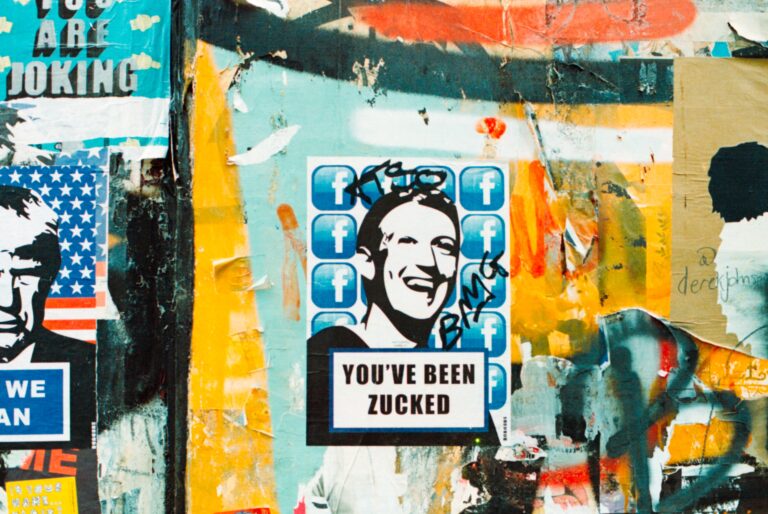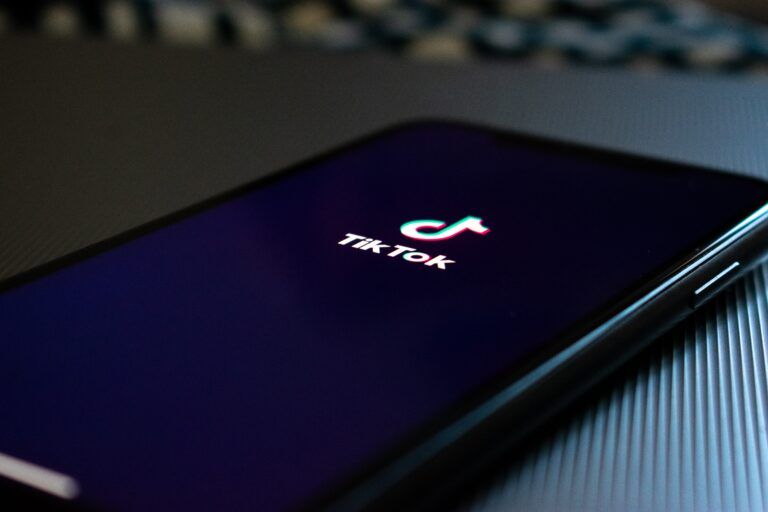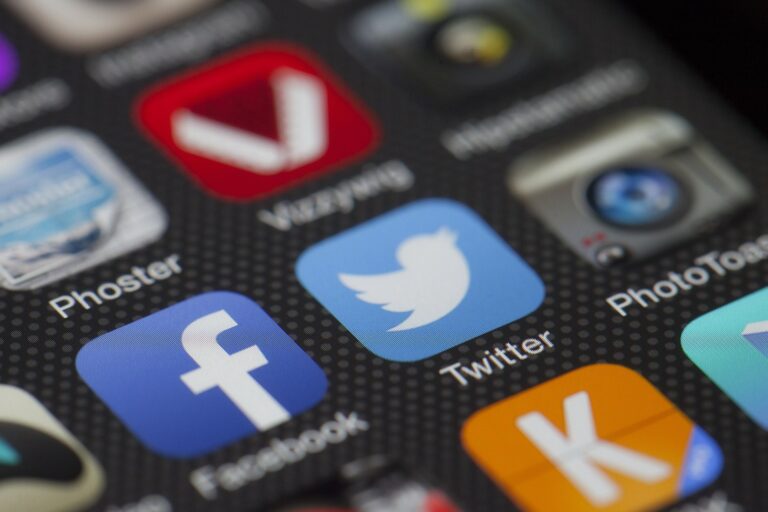
Social Media Takes Active Stance Against Election Misinformation
In this post, we explore Facebook and Twitter’s efforts at stemming the tide of election misinformation in 2020, and look at possible ways the companies can improve.

In this post, we explore Facebook and Twitter’s efforts at stemming the tide of election misinformation in 2020, and look at possible ways the companies can improve.

TikTok is beholden to Chinese law, making its presence in the United States a potential national security issue.

The latest high-profile Twitter hack raises questions about hacking methodology, punishment, and security issues.

On June 30, major advertisers announced a boycott of advertising through Facebook. Will it work?

The biggest technology companies have found themselves entangled in the latest chapter of China and Hong Kong’s long, complicated political history.

To date, social media companies and other online technology platforms have operated virtually unregulated. Big changes may be coming.
For now, the biggest questions still lack clarity: is scanning a photograph and not a face a violation of the law? Is there a legal precedent for ‘concrete injury’ as it relates to biometric data? The answers may have billion-plus dollar ramifications for tech companies, privacy advocates, and product users alike.
Facebook, Twitter, and Google have all established different positions on political ad policies, underscoring the complexity of political advertising in the digital era.